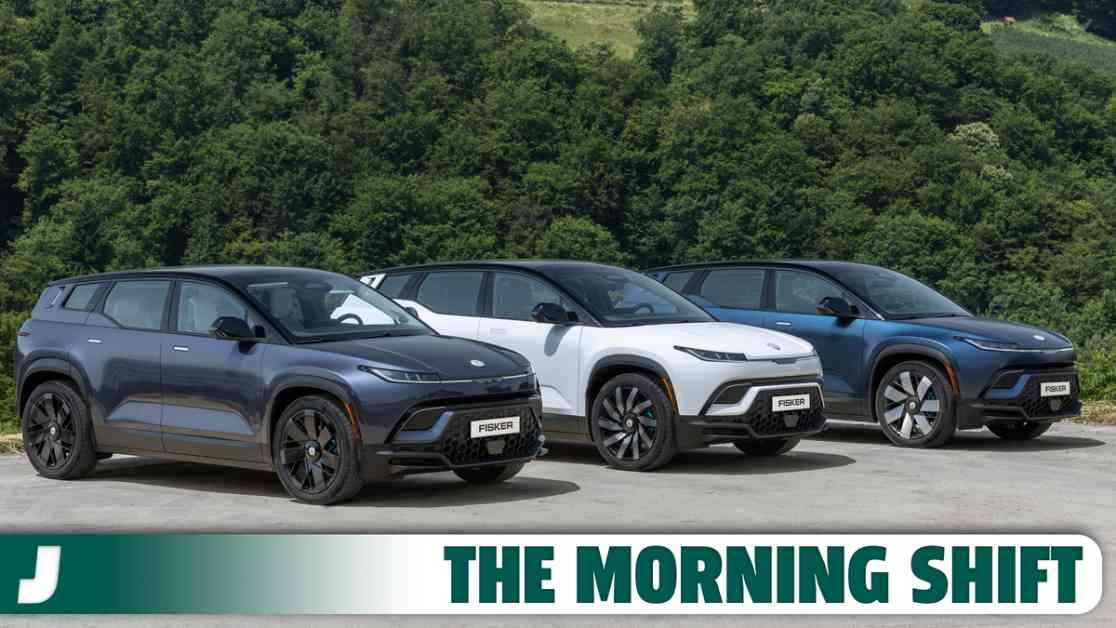Good morning! It’s Monday, June 24, 2024, and this is The Morning Shift, your daily roundup of the top automotive headlines from around the world, in one place. Here are the important stories you need to know.
Fisker, the electric automaker, is facing some tough times as it prepares to sell off its assets after filing for bankruptcy last week. The company, known for its Ocean electric SUVs, is looking to sell its remaining stock of over 4,000 vehicles in order to recoup some of the $850 million it owes various bondholders. Despite efforts to secure additional funding, Fisker has decided to liquidate its assets due to financial difficulties. This marks the second automaker controlled by Henrik Fisker to go into bankruptcy. The sale of the remaining stock of Fisker vehicles is expected to fetch only a fraction of the amount owed to creditors, as the cars may sell for a fraction of their retail price.
Boeing, on the other hand, is facing a recommendation of criminal charges from U.S. prosecutors after allegedly violating a settlement related to two fatal crashes involving its 737 Max planes. The Justice Department is considering filing charges against senior officials at Boeing after determining that the company breached a 2021 agreement that shielded it from criminal charges. Boeing has denied violating the settlement and is currently working with the Justice Department towards a resolution.
In other news, U.S. car dealerships are slowly recovering from a cyberattack that left their IT systems disabled for several days. The attack, carried out by a hacking group, disrupted operations at dealerships across America, but services provider CDK Global is now working to restore its systems. While the restoration process may take a few more days, progress is being made to bring the systems back online.
On a more positive note, the rising sales of electric vehicles are starting to impact global oil demand, with a new report suggesting that oil usage is beginning to level off. The increased adoption of electric vehicles and clean energy technologies is expected to lead to a peak in oil demand by the end of the decade, with a subsequent decline. This shift is driven by factors such as strict emissions rules, policy incentives, and falling EV prices, which are encouraging more consumers to switch to electric vehicles.
Overall, the automotive industry is experiencing significant changes and challenges, from bankruptcies to criminal investigations to cyberattacks. However, the shift towards electric vehicles and clean energy technologies signals a promising future for the industry, with the potential to reduce oil demand and combat climate change in the years to come.









